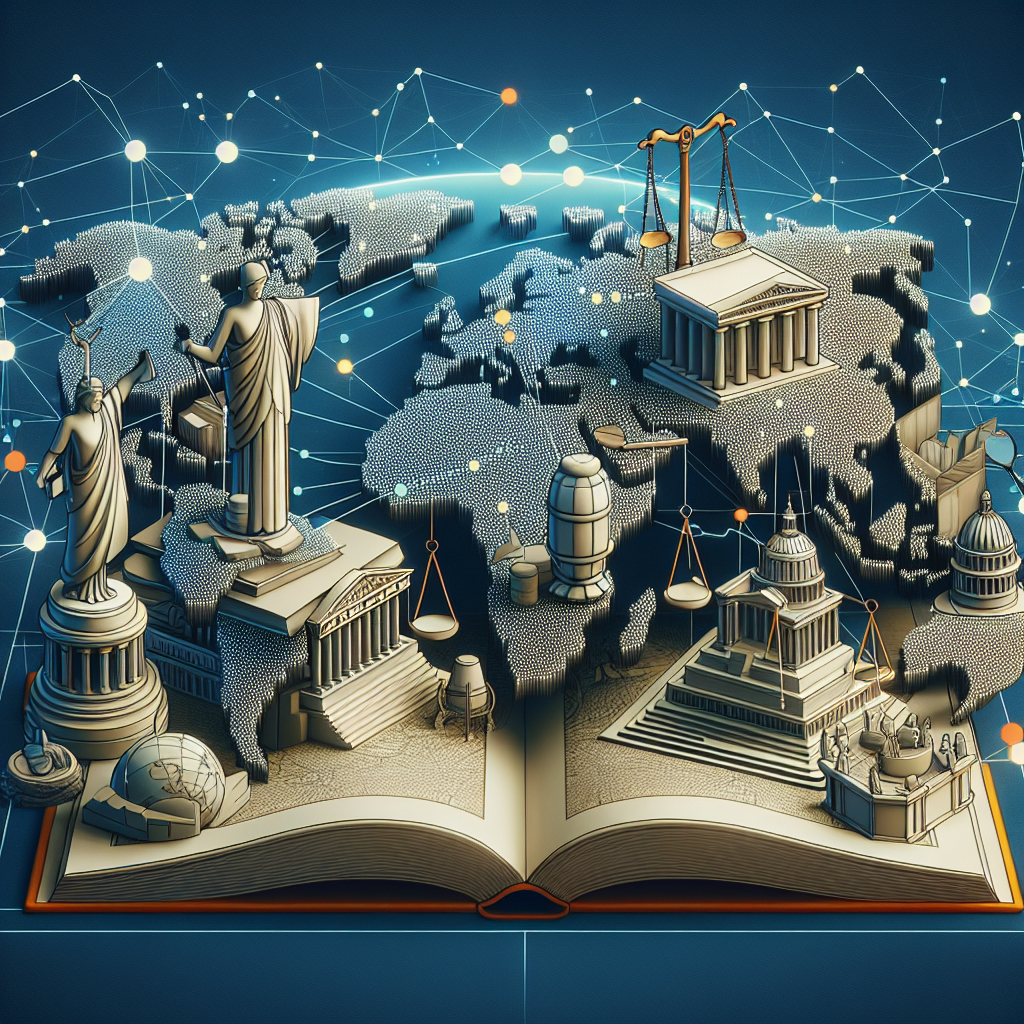Decentralizing the UN: Shifting International Law Beyond the West
Decentralizing the UN: Shifting International Law Beyond the West
Introduction
The global landscape is witnessing a transformative shift as calls to decentralize the United Nations (UN) gain momentum. This movement aims to reshape international law, moving its focus beyond Western-centric frameworks.
Key Drivers of Decentralization
- Global Representation: Advocates argue for a more inclusive representation of diverse cultures and legal systems.
- Equitable Power Distribution: Decentralization seeks to balance power dynamics, reducing Western dominance in decision-making processes.
- Adaptability: A decentralized approach could enhance the UN’s ability to address region-specific issues effectively.
Potential Benefits
- Enhanced Legitimacy: Broader representation could increase the UN’s credibility and acceptance worldwide.
- Innovative Solutions: Diverse perspectives may lead to more creative and effective solutions to global challenges.
- Strengthened Cooperation: Encouraging collaboration among varied legal traditions could foster stronger international partnerships.
Challenges Ahead
- Implementation Complexity: Transitioning to a decentralized model poses logistical and structural challenges.
- Resistance to Change: Established powers may resist shifts that threaten their influence.
Conclusion
The push to decentralize the UN represents a pivotal moment in international law, aiming to create a more balanced and inclusive global order. While challenges exist, the potential for a more equitable and effective UN is a compelling vision for the future.
































